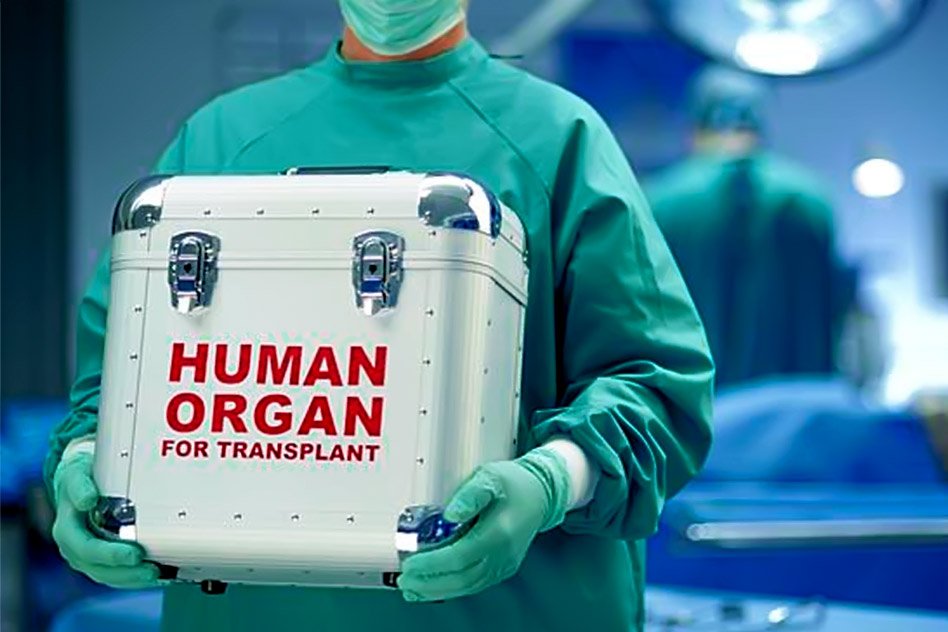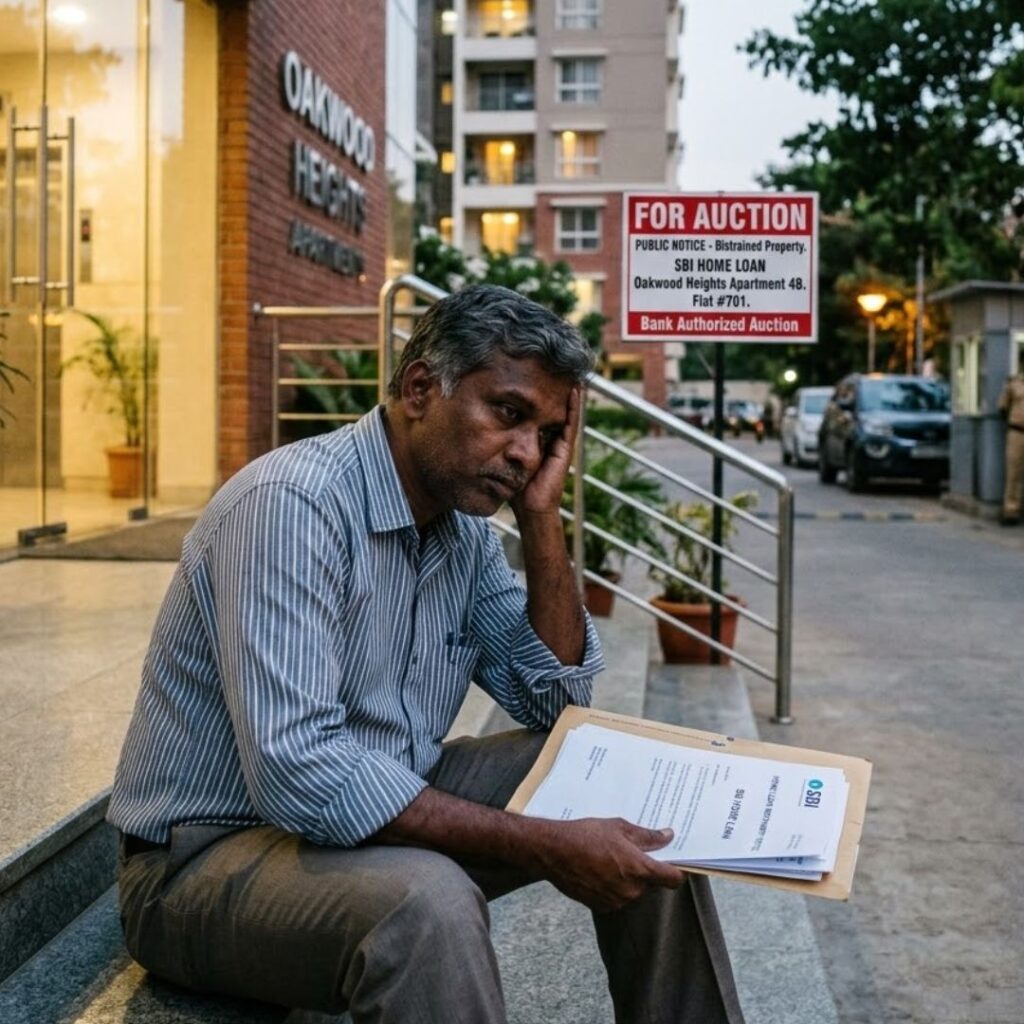Image: news.com.au
India shall celebrate national Organ Donation Day on 13th August, 2015. In celebration of this day The Logical Indian community wishes to disseminate knowledge about this crucial phenomenon which is often shrouded in doubt and mystery in our country.
In India, every year nearly:
- 500,000 people die because of non-availability of organs.
- 200,000 people die of liver disease
- 50,000 people die from heart disease.
- 150,000 people await a kidney transplant but only 5,000 get one.
- 1,000,000 lakh people suffer from corneal blindness and await transplant
India has a rate of less than 0.2 donors per one million population. Indians at large are not aware of the meaning of organ donation, which organs can be donated and how. Moreover, they are reluctant to donate organs, a major reason being tlack of awareness. Another major reason is lack of infrastructure or centralised database from the government.
Organ donation is the harvesting of an individual’s organs after he or she dies for the purpose of transplanting them into another person. The person who gives the organ is called a donor while a person who receives it is called a recipient. Any person can become a donor irrespective of age, caste, religion, community, current or past medical condition. However, patients suffering with active cancer, active HIV and active infection or intravenous drug use cannot do the same, though most cancer patients can donate cornea.
We can donate corneas, heart valves, skin, bones, liver, heart, intestines, lungs and pancreas. There are two ways in which an individual can opt for organ donation and they are either a person Opt In, where the donor gives consent, or Opt Out, where anyone who has not specifically refused is considered a donor. In India the Opt In system is adopted.
There are two different kinds of transplant donations:
- Living Donor Transplant – This occurs when a living person decides to donate his or her organ(s) to someone in need of a transplant. Living donors are usually family members or close friends of the person who requires a transplant. They must meet certain medical criteria and undergo comprehensive medical testing, as required by the particular circumstance, before being accepted as suitable donors.
- Deceased Donor Transplant – This is when organs from a brain dead individual are transplanted into the body of a living recipient. The deceased individual in this scenario can only be a victim of brain death. This kind of transplant initially requires the recipient to wait on a list until a suitable organ is available based on the recipient’s medical profile.
Brain death is an irreversible and permanent end of all brain functions like sending messages to the body to perform vital functions of breathing, sensations, etc. This generally happens due to head injuries in accidents, or brain tumours. Unlike coma or persistent vegetative state, in brain death there is no possibility of recovery and the person is declared clinically and legally dead. It is possible to donate all the organs in such a condition.
Unfortunately, many doctors are not aware enough about this. Sometimes, they are aware but hesitate to inform the relatives of the patients about such a sensitive issue and ask for organ donation at such a time. They prefer to keep the patients on ventilators for days instead of declaring them brain dead.
On the other hand, a person may suffer from cardiac death in which the heart stops beating. Due to lack of circulation of blood, the vital organs may quickly become unfit for transplantation. However, if the person is on a ventilator and if it is medically clear that the person cannot survive, the family can consider organ donation for certain vital organs. Once the heart stops beating, death is declared and the organs are retrieved.
Many Indians are superstitious about organ donation and believe that donation of a dead person’s organs is an evil practice and that an individual’s soul will not rest in peace if the body parts are mutilated. It is an emotional issue indeed, but the family needs to consider that instead of dying the person can live on through giving life to someone else. Organ donation, after all, is a noble act which can give a second lease of life to someone who is on his or her death bed.
The entire process can be made easier if one begins by registering for organ donation. This enables the government to know who and where the potential donors are. A registry gives a planner enough information to devise strategies to get more public cooperation and commitment towards organ donation. Having a registry in place allows doctors and transplant coordinators to check if a brain dead person wished to donate and then approaching the family for consent becomes easier. It helps in saving crucial time in the process of organ donation. The government needs to have a proper database so that people can register for sharing their organs in an easy and transparent way. While it is easier for a spouse, sibling or a relative to donate an organ, the government needs to formulate a uniform national method to enable others to donate to strangers.
Those who wish to donate can visit some of the following links for getting themselves registered.
- Tamil Nadu – www.tnos.org
- Kerala – www.knos.org.in
- Mohan Foundation – http://mohanfoundation.org/
- Shatayu – http://shatayu.org.in/
- Gift Your Organ – http://giftyourorgan.org/
- http://www.organindia.org/
- http://www.dorso.org/
- http://notto.nic.in/about-us.htm
- http://www.transplantindia.com/
- http://donatelifeindia.org/
After the registry, a donor is provided with a donor card.
If a person expires without registration, the family members can donate his/ her organs by filling up a consent form at the time of death. The family does not face any difficulty or extra burden. The transplant coordination team carries out the entire process till the relatives receive the body of the deceased which is returned in a dignified way, without any disfigurement.
So what are we waiting for? Let us register and make our own little contribution towards saving someone’s life!











